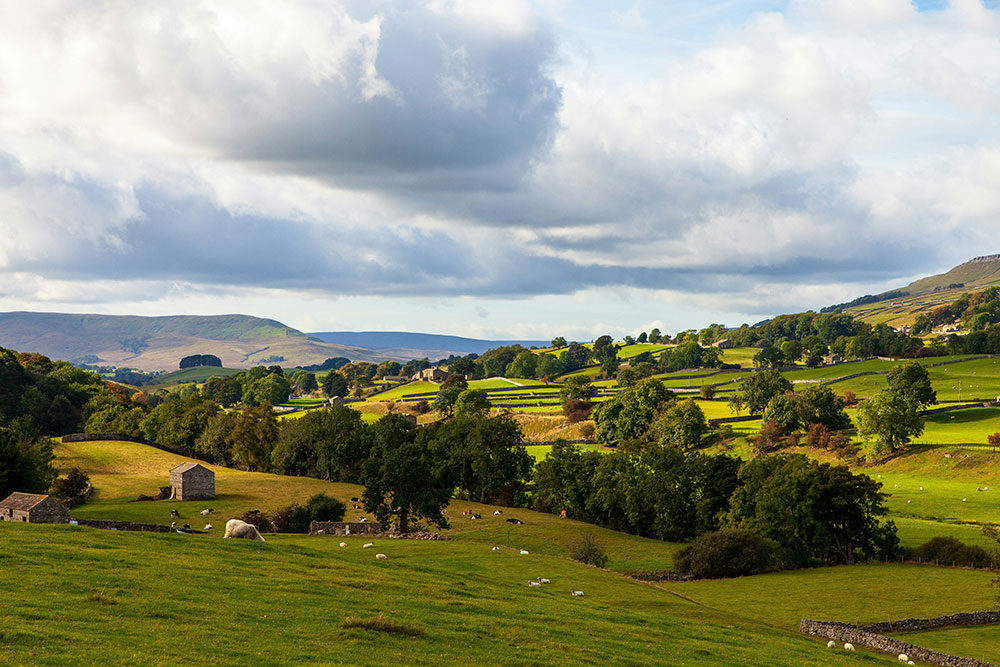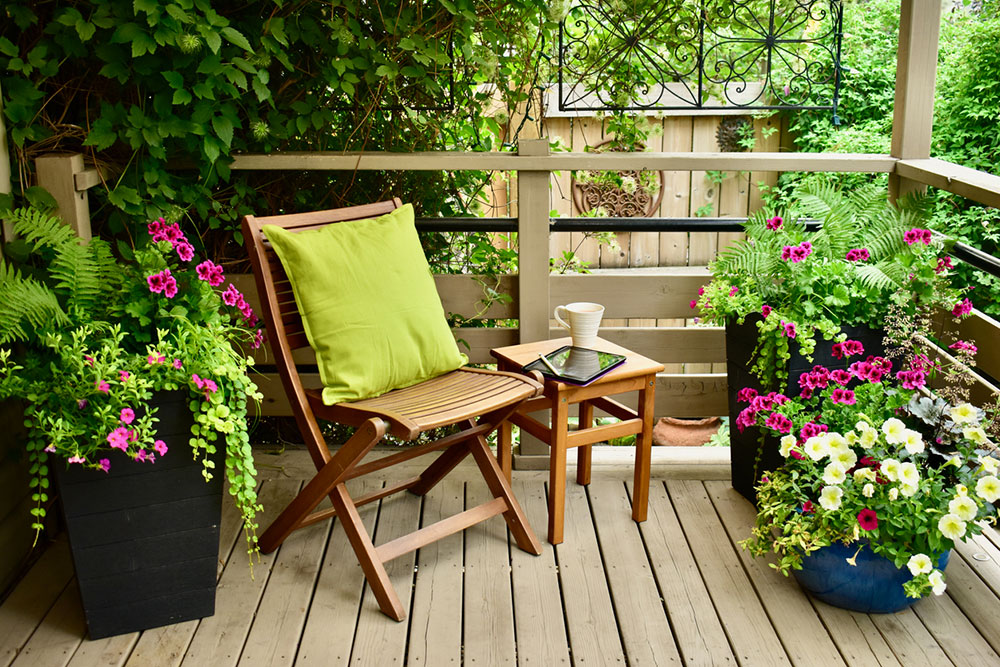For those looking to simplify their lifestyle, reduce costs, or embrace a stronger sense of community, residential park homes have become an increasingly attractive option across the UK. These single-storey, detached homes are located within dedicated park communities, often designed with the over-50s in mind, offering peaceful surroundings, low-maintenance living, and affordable homeownership.

But buying a park home is quite different from purchasing a traditional brick-and-mortar property. From licensing to site agreements, it’s essential to understand how the process works to avoid costly mistakes or legal oversights.
In this step-by-step guide, we’ll walk you through the full park home buying process, so you can make an informed, confident decision and find a home that suits your lifestyle and long-term needs.
Decide If a Park Home Suits Your Lifestyle
Park home living offers undeniable appeal: no more staircases to navigate, gardens that take minutes (not hours) to maintain, and a built-in community of like-minded neighbours. But it’s not for everyone.

Who Thrives in a Park Home?
- Downsizers: Empty nesters freeing themselves from unused space.
- Retirees: Seeking affordability without sacrificing quality.
- Nature lovers: Those craving peaceful surroundings near coasts or countryside.
Considerations:
- Are you comfortable with leasehold ownership (you own the home, not the land)?
- Do park rules align with your lifestyle (e.g., pet policies, guest stays)?
Set Your Budget and Understand Costs
Before you fall in love with a particular park or home, it’s crucial to get clear on your financial position and set a realistic budget. Park homes typically range from £100,000 to £350,000, with ongoing fees averaging £2,000 to £4,000/year. Here’s how to budget wisely:

Upfront Costs
- Home price: Varies by size, location, and customization.
- Legal fees for a specialist solicitor.
- Surveys for pre-owned homes.
Ongoing Expenses
- Pitch fees: Cover ground rent, maintenance, and security.
- Council tax: Usually Band A (the lowest rate).
- Utilities: Often cheaper than traditional homes due to energy-efficient designs.
Choose the Right Park Community
Once you know your budget, it’s time to focus on where you want to live and what type of lifestyle you’re looking for.
Consider Location
Location is everything. Whether you dream of seaside sunsets or woodland tranquility, consider. Proximity to family and friends is another key consideration. Also, check accessibility to essentials like GP surgeries, transport links, and shops.

Understand Park Rules
Many residential parks are for residents aged 45+ or 55+. Check pet policies, subletting rules, and whether guests can stay for extended periods.
Community Feel & Amenities
Parks vary widely, from quiet, minimal setups to active communities with clubhouses, events, fitness rooms, and onsite management. Visit multiple parks, speak to current residents, and get a feel for the vibe before committing.
Understand Legal Protections
Park home ownership operates under the Mobile Homes Act 2013, which safeguards your rights.
Critical Questions
- Is the park licensed for residential use (not just holidays)?
- Does the Written Statement clearly outline pitch fees and responsibilities?
- Are there hidden resale fees (e.g., 10% commission)?

Always hire a solicitor specialising in park homes, standard conveyancers may miss crucial details.
Reserve or Buy Your Home
Now that you’ve identified a park that suits your lifestyle, the next step is finding the right home.
New vs. Pre-Owned
- New homes offer the latest designs, energy efficiency, and full customisation.
- Pre-owned homes are more budget-friendly but may need refurbishment or come with fewer guarantees.
Customisation Options
At EKOS Homes, for example, you can choose layouts, finishes, flooring, kitchen fittings, and even accessibility features to truly make your home your own.
Work With Trusted Providers
Buy through reputable manufacturers or park home dealers. Ask about build warranties (often 10 years) and after-sales service.
Reservation Process
- Pay a deposit (typically 10%) to secure your plot.
- Review the site agreement with your solicitor.
- Confirm warranties (e.g., 10-year structural coverage).
Arrange Surveys and Final Checks
Although park home purchases don’t follow the same legal structure as standard property sales, legal protection is still important.
Hire a Specialist Solicitor
Use a solicitor who understands the Mobile Homes Act 2013, which governs your rights as a park home resident.
Review the Site Agreement
This outlines pitch fees, utility arrangements, resale rights, and responsibilities for both you and the park operator. Never sign without reviewing it thoroughly.

Home Survey
It’s wise to commission a specialist park home surveyor to check for damp, structural damage, insulation quality, and compliance with safety standards—especially for pre-owned homes.
Complete Your Purchase
Contracts & Paperwork
Sign the purchase agreement and the park site agreement, which formalises your right to live on the park.
Final Payments
Pay any deposits or balance due, along with legal and admin fees.
Park Home Insurance
Take out specialist park home insurance to cover your home and contents. General home insurance doesn’t apply here.
Set a Move-In Date
Coordinate with the park to arrange your move, ensure utilities are connected, and prepare for a smooth transition.
Settle Into Park Life
Once you’re in, it’s time to enjoy the benefits of park home living.

Register with the Council
Most park homes fall under Council Tax Band A. Contact your local council to register and set up payments.
Meet the Community
Introduce yourself to neighbours, attend social events (if available), and get involved in the community lifestyle.
Making It Home
- Personalise your space: Add decking, plant a patio garden, or install a mobility ramp.
- Join the community: Attend social events or start a hobby group.

Final Tips Before You Buy
- Visit parks in all seasons to gauge noise levels and upkeep.
- Speak to residents for unfiltered insights.
- Trust your instincts: The right park will feel like home.
At EKOS, we’re here to guide you through every stage, from choosing the perfect park to designing your dream home. Explore our residential parks or contact our team for personalised advice.
Ready to begin your park home journey? Book a viewing today and discover the lifestyle you’ve been imagining.
